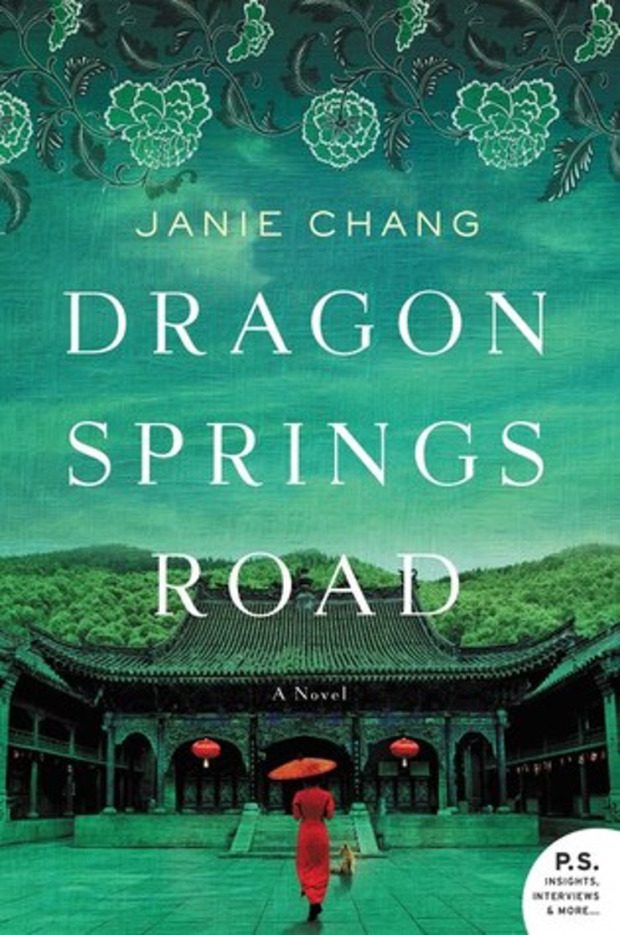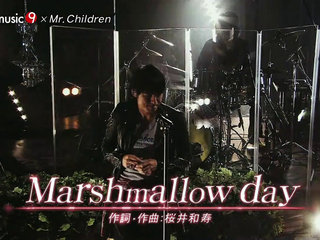Book review by: Christina O.
Favorite quote: “And this time, when he said my name, the grasslands were in his voice.”
I have a hard time getting in a rhythm with genres. I read Gone Girl, I adore it, I buy five more thrillers, and I hate almost all of them. I read American Gods, I decide Neil Gaiman himself is a god, I grab everything he’s ever written, and I start feeling lukewarm about him. Without fail, the spell always wears off and I’m left to pick up the pieces and find another book. Let us count the ways in which my literary love affairs come crashing down:
There is, however, a loophole. A genre that never fails, always delights, and is essentially a bottomless literary wormhole. There’s definitely an official name for it and I could find it if I did some googling, but it’s cold and I’m tired so we’re just going to call it “Asian-focused historical fiction”. Books in this genre tend to follow a very familiar plot, one that revered classics like Memoirs of a Geisha and The Good Earth have made famous: a young girl from the dregs of society struggles to find her place in the world, is subjected to cruelty by her peers and elders, finds comfort in a few people beneath her on the totem pole, meets a dashing yet flawed older man, and in the end finds herself seeing the world with fresh eyes.
Jialing, the orphaned narrator of Dragon Springs Road, follows this trajectory to a T. After being abandoned at a young age by her lyre-playing mother, Jialing becomes a bond servant for the family that moves into her house. In the years that follow, Jialing struggles with her mixed race heritage and is almost categorically shunned by Chinese and Europeans alike but finds consolation and companionship in the Fox spirit who inhabits the courtyard of her home. Under the spirit’s guidance, Jialing blossoms into a strong young woman who discovers that self acceptance is perhaps the greatest gift of all.
When I realized that a talking fox was going to be playing a key role in this book, I prepared for the worst. As the story went on though, I was pleasantly surprised by how naturally Janie Chang was able to weave the mundane with the divine. The Fox was less of a fairy godmother and more a fountain of riddled wisdom, someone whom Jialing fought with as much as she revered. The most interesting fight of all though was not between Jialing and the divine but rather her own internal struggle. Jialing’s racial heritage and her battle for approval were a fresh take on the overused “orphan-finds-herself” story line, and this historical grounding kept the book afloat when the divine intervention plot became a little too much to bear.
My biggest critique of Dragon Springs Road is that Jialing falls prey to what I like to call “Grease syndrome”. We meet Jialing when she’s weak and unsure of herself. We root for her as she blossoms into a strong young woman, we cheer when she finally reclaims her self confidence, and then we’re left confused and even a little angry as she throws all her newfound independence and strength out the window for the sake of a possessive man, just like Sandy does for Danny Zuko. I would have sung this book’s praises if Jialing had maintained her backbone, but Chang took it away from her right at the very end and this conclusion left me mourning Jialing’s broken femininity rather than celebrating her love life.
booknectar tip: Do NOT read this book after Pachinko. I think I would have liked Dragon Springs Road a lot more if I didn’t pick it up immediately after finishing Pachinko, which is the best Asian historical fiction book I’ll probably ever read.

Advertisements Share this:





